Niterra is actively participating in sustainability initiatives.
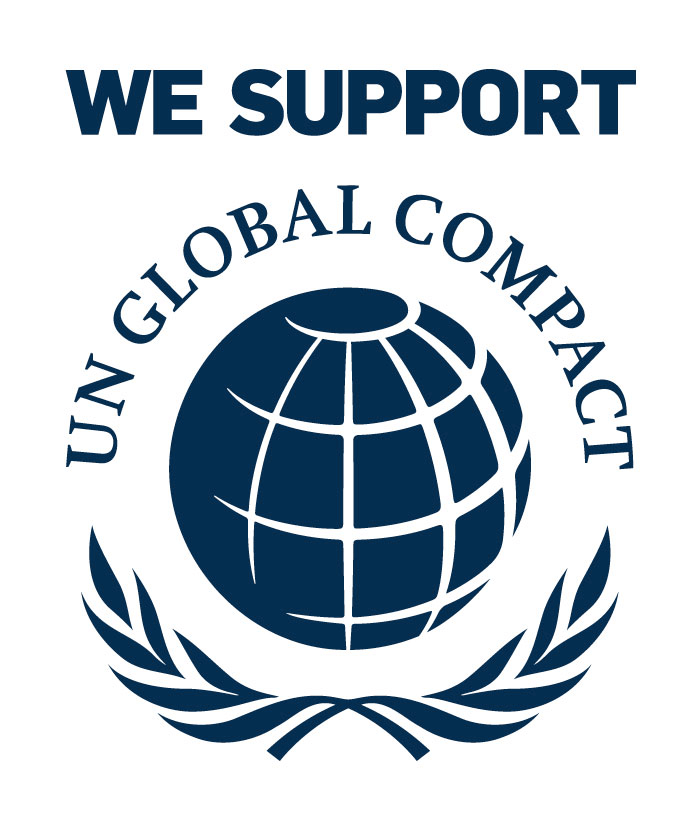 |
The United Nations Global Compact (UNGC) The UN Global Compact was proposed by the UN Secretary-General Kofi Annan in 1999 to address a variety of issues such as global warming, environmental problems, and social inequality that have been ongoing on a global scale. It is an initiative formally launched at UN headquarters in July 2000 and is a voluntary corporate principle of action. |
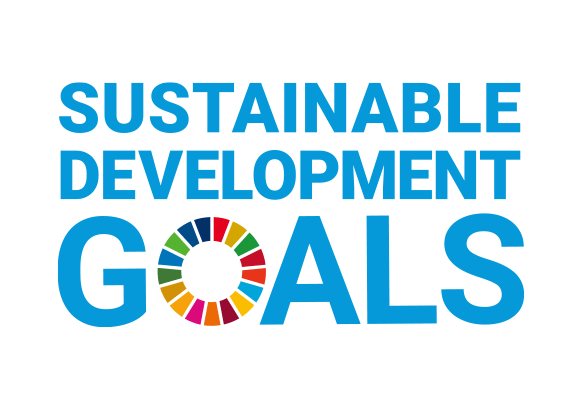 |
Sustainable Development Goals (SDGs) The SDGs consist of 17 goals and 169 targets for achieving a sustainable society by 2030, adopted at the United Nations Summit in 2015. They aim to solve global problems and challenges such as poverty, inequality and climate change, and to "leave no one behind". |
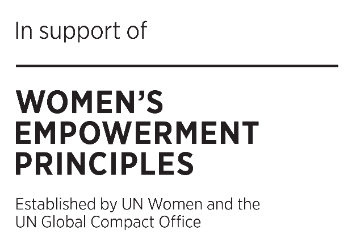 |
Women's Empowerment Principles (WEPs) WEPs are principles for businesses to work voluntarily on promoting the advancement of women. They provide a holistic framework for companies to promote gender equality and women’s empowerment in the workplace, marketplace and community and drive positive outcomes for society and business. The UN Global Compact and UN Women collaborated to develop and established WEPs in 2010 through multi-stakeholder international consultations. |
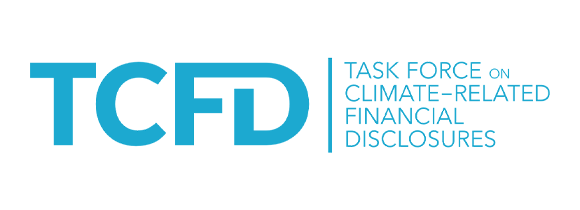 |
Task Force on Climate-related Financial Disclosures (TCFD) The TCFD is a task force established by the Financial Stability Board (FSB), an international organization of central banks and financial regulators from major countries, to provide a framework for disclosing information on climate change. In June 2017, the TCFD released a report recommending disclosure of information about risks and opportunities related to climate change. Governments, financial institutions, and companies around the world have endorsed the TCFD's recommendations. |
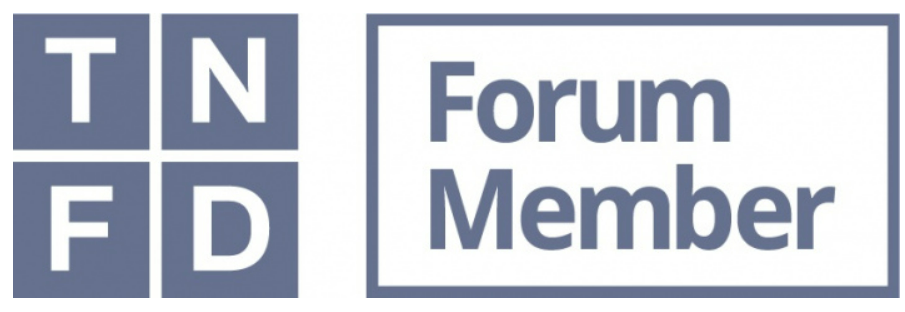 |
Taskforce on Nature-related Financial Disclosures(TNFD)Forum The TNFD Forum is an international organization that supports discussions on the establishment of the TNFD Framework as a stakeholder providing expertise and other resources. |
|
CDP CDP is an international non-governmental organization (NGO) launched in 2000 to collect, analyze, and evaluate information on the environmental activities of the world's leading companies and share these results with institutional investors. We answered questions on climate change and water security. |
|
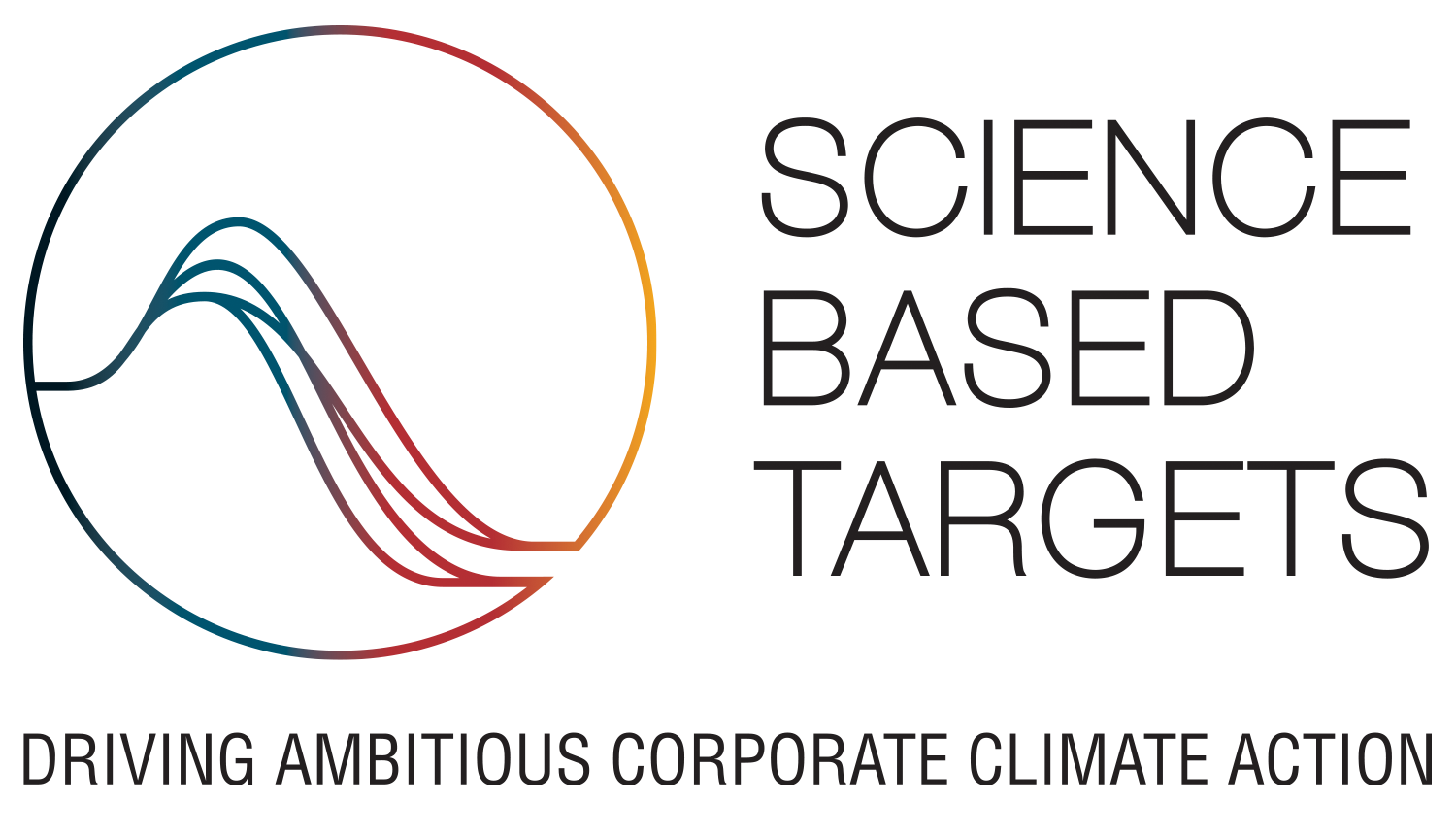 |
Science Based Targets initiative(SBTi) The SBTi is a collaboration between CDP, the United Nations Global Compact, World Resources Institute (WRI) and the World Wide Fund for Nature (WWF). The SBTi defines and promotes best practice in science-based target setting and independently assesses companies’ targets. |
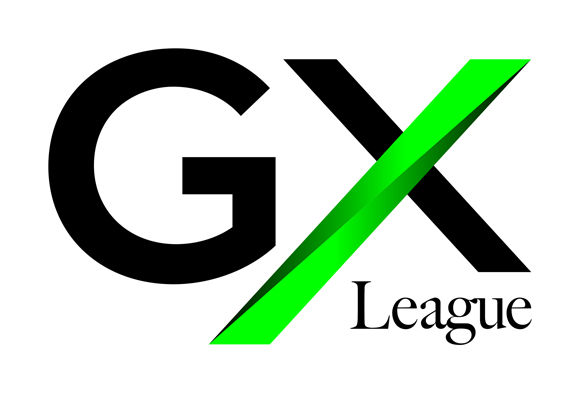 |
GX League The GX League (GX: green transformation) is a forum for cooperation between a group of companies and the government, universities, and academic institutions in order to meet greenhouse gas reduction targets and increase industrial competitiveness by using Japan’s goal of carbon neutrality by 2050 as an opportunity for economic growth. |
|
|
Eco-First Company The Eco-First Promotion Council was established to ensure that 'Eco-First Companies' put into practice the 'Eco-First Commitment', which they individually declare to the Minister of the Environment, and to promote the further enhancement and strengthening of their advanced and unique environmental protection activities in cooperation with other companies. |